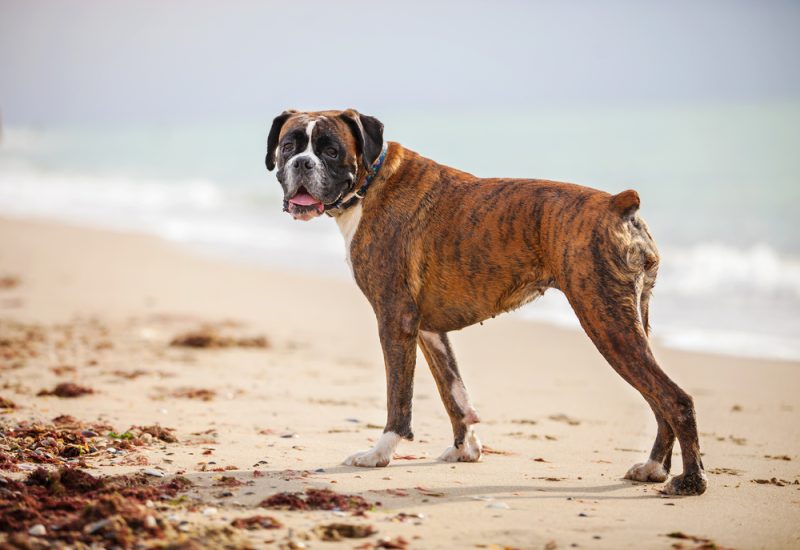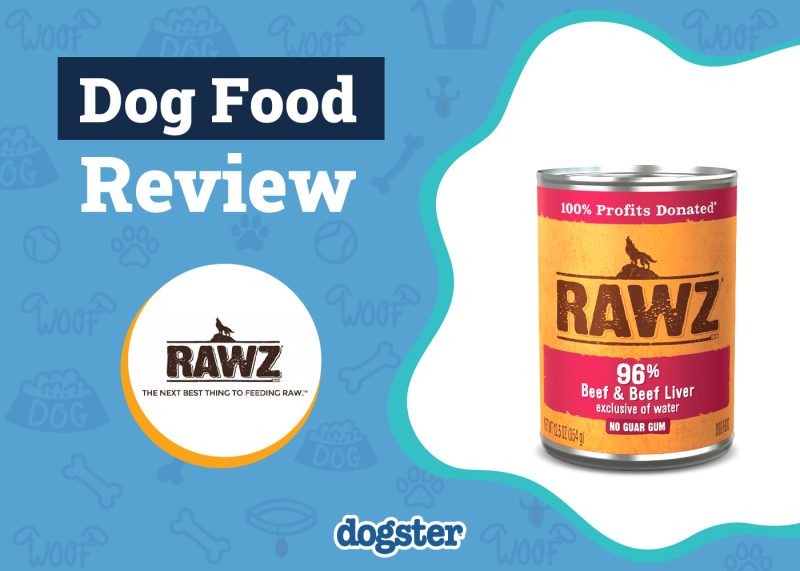In this article
View 2 More +A pet being poisoned by a vindictive neighbor or spiteful child is one of a pet owner’s greatest fears. There are stories of neighbors poisoning pets that bother them, estranged spouses killing a pet in revenge, or cruel adolescents leaving poison-laced treats in dog parks because they think it’s funny.
Fortunately, malicious poisoning is a rare occurrence. According to the Animal Poison Control Center, malicious poisoning accounts for about 200 cases a year, or less than 0.5% of the total cases of toxicities.1
However, pet poisonings do occur, and it makes us wonder why. Sometimes it can be down to immaturity, and an inability to fully understand the consequences of an action, but often it points to psychological issues like a lack of empathy.

The Psychology of Cruelty
The link between animal cruelty and violence against humans has been well established. Research in psychology and criminology has shown that many people who abuse animals eventually move on to humans, and the psychological reasons behind this type of behavior are multifaceted. In some cases, children may repeat lessons they learned growing up in an abusive household; animals become the target, not necessarily because they hate animals, but because they’re the only creatures they can dominate.
Animal cruelty may arise from a pathological lack of empathy as well. According to Simon Baron-Cohen, a Cambridge University professor, lack of empathy can be a motivation for cruelty.2 While not all people lacking empathy are automatically cruel, people who score lower in the cognitive dimension of empathy are more likely to engage in behaviors such as animal cruelty. They are unable to equate the pain of an animal with their own pain and, therefore, do not feel any real guilt or remorse for inflicting it.
Sometimes, animal cruelty isn’t directed at the animal itself, but as a means of punishing or controlling someone else. For example, abusive partners in domestic violence households may threaten, abuse, or kill pets as a means to control their family members.
Other times, animal cruelty is merely a practical way to achieve an end, as was the case with the extreme rivalries that led to dog poisonings at Crufts, the 124-year-old British dog show.3 One could argue that poisoning the dogs wasn’t about hate or cruelty but an excessive desire to win at all costs, although such behavior also suggests a lack of empathy.
Another example is one of callous ‘practicality’, such as burglars poisoning a pet to gain access to a property.

Dog Poisonings Are Hard to Prove
There is extensive research into animal cruelty, but not poisonings specifically. This is likely because poisonings are difficult to prove, given the diagnostic tests and myriad of poisons that can be used. Blood tests, history, and clinical signs might point to poisoning, but it can be very difficult to identify a poison without some suspicion as to the possible toxin used.
In cases where poisoning is proven, it’s even more difficult to identify the perpetrator if they’re not caught in the act or confessing to the crime. This in itself can be a reason why a person would choose to poison a dog – they are much more likely to get away with it.
Poison Is a Contactless Killer
Whilst just as deadly, poison does not require physical strength, a strong stomach, or even direct contact between victim and killer, in order to be effective. This being the case, poison is less likely to be the weapon of choice for budding psychopaths to practice cruelty and more likely to be administered by someone wanting to kill without getting their hands dirty.
In the strange case of New York’s Grand Dame of Dog Poisoning, a well-to-do woman known in society for her charitable actions toward animals, was responsible for the poisoning deaths of more than 75 dogs in 1937. Prior to this heinous spate of canicide, she had been an early practitioner of euthanasia, removing sick or injured stray cats and dogs from the streets, and despatching those that could not be treated or rehomed by using the gas chamber at a purpose-built animal hospital. We don’t know why, but at some point, she went from delivering a quick and merciful death to unwanted and suffering animals to snatching beloved pets from the streets and hand-delivering cyanide-laced treats to unwary dogs.
People who use poison to kill dogs are presumably more interested in the end result rather than in a violent act or observing suffering and tend to be conflict-avoidant and sneakier, like the charitable pillar of the community, Mrs. Tuttle.


How to Prevent Dog Poisoning
Malicious or not, there are a lot of potential toxins that dogs may come across in your yard, at the dog park, or on a walk, and some of these can be items or ingredients we keep in our homes, like grapes, onions, chocolate, xylitol, or rat bait.
One of the most important commands you can teach your dog is to “leave it”. Don’t allow them to eat anything they find on the ground or from an unknown source, even if it looks safe. The known cases of dog poisoning involved foods that dogs like and that mask toxins easily, like cheese, meatballs, and pungent soft treats. Aside from intentional poison, there are plenty of other things your dog could eat that are dangerous for them.
If you see obvious poison, such as rat poison, left out in the open, report it to the police. Official pest control is mindful of children and pets that may come across poison intended for vermin, so it shouldn’t be open and accessible. If possible, do not touch it until an official can come to inspect it, but if there is a high risk of anyone else being exposed to the poison, we suggest taking photos of the poison where it is, then cover your hand using a plastic bag to pick it up, being careful not to touch the poison itself.
While most neighbors won’t escalate to extreme acts like poisoning, it’s good to pay attention to what happens around your home. If you notice suspicious behavior, like teens spending time around your yard or a nosy neighbor, install video cameras. That’s one of the best ways to catch poisoners in the act.
Although poisoning is NEVER justified, be sure to avoid situations that might trigger vindictive actions like this by being a responsible dog owner. Most cases of dog poisoning by neighbors are in response to noisy, destructive, or aggressive behaviors, or fouling of shared or public spaces.

Final Thoughts
Dog poisoning is thankfully rare, and may arise from deep-seated psychological problems, revenge, or other motives. It’s always wise to take basic precautions as a dog owner to minimize the risk of your dog eating a poison-laced treat (or any toxin they may come across).
See Also:
- Why Are There People Who Don’t Like Dogs? 6 Reasons
- Can Dogs Recover From Eating Rat Poison? Crucial Steps to Follow
Featured Image Credit: CHAIUDON, Shutterstock




















